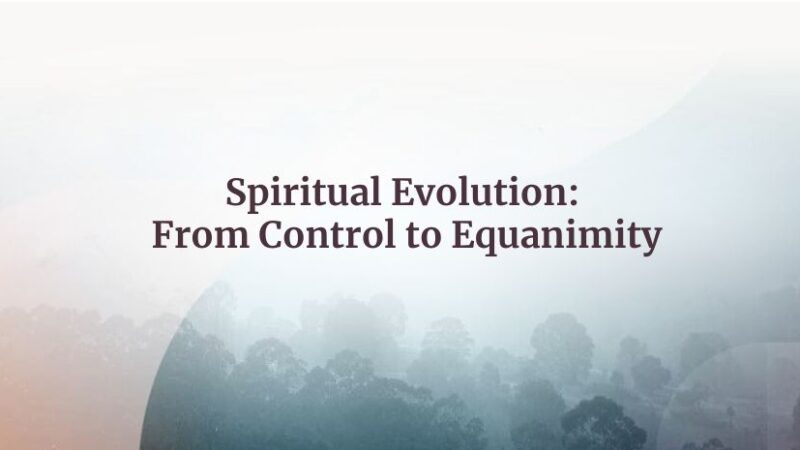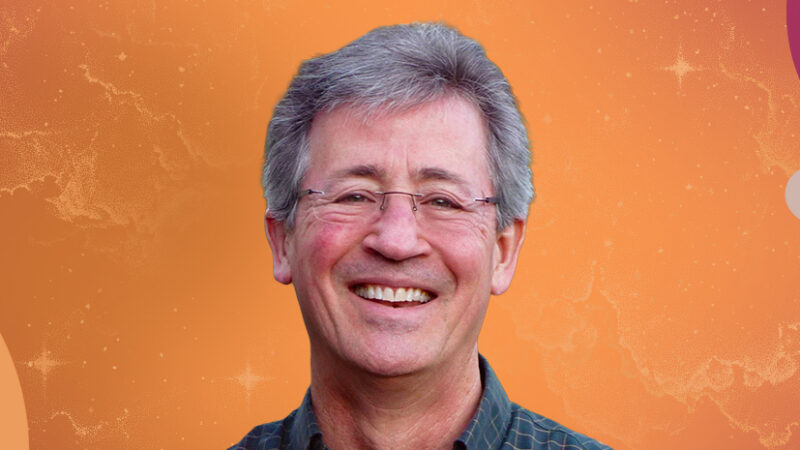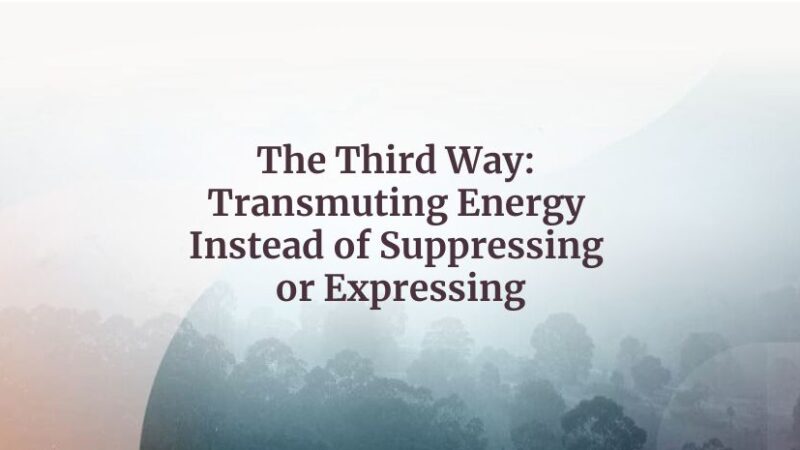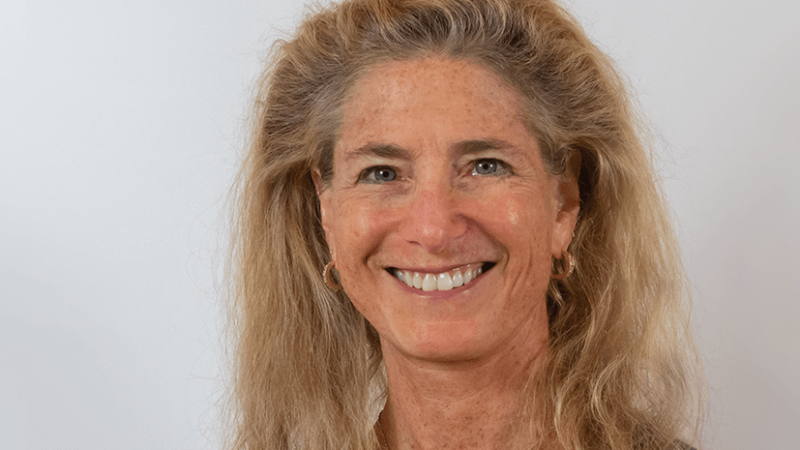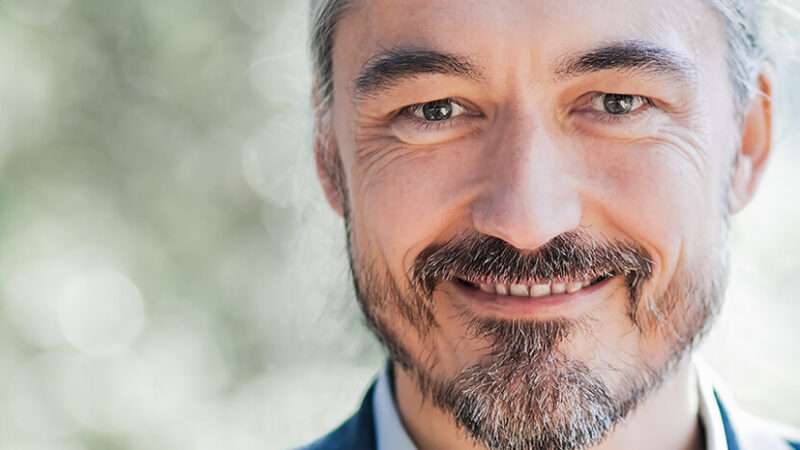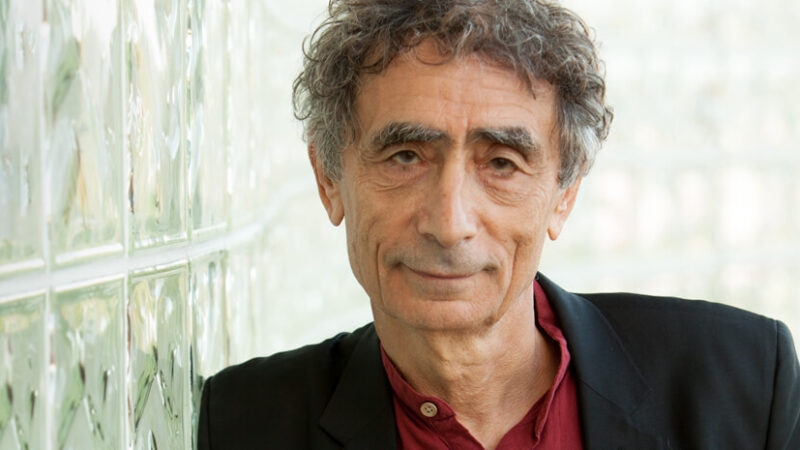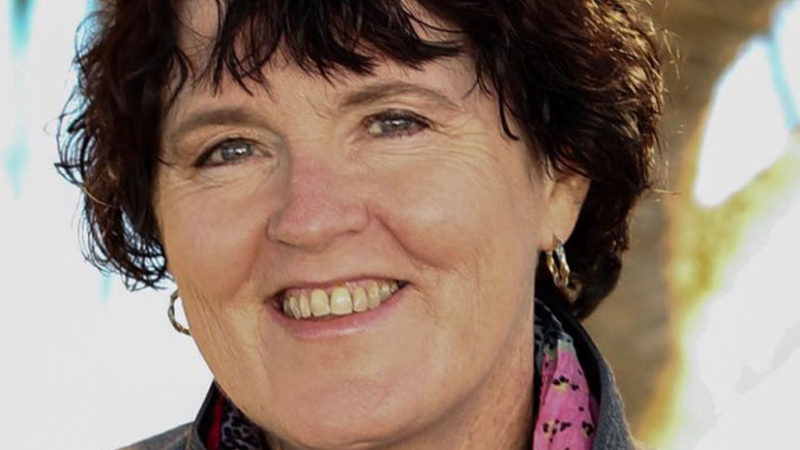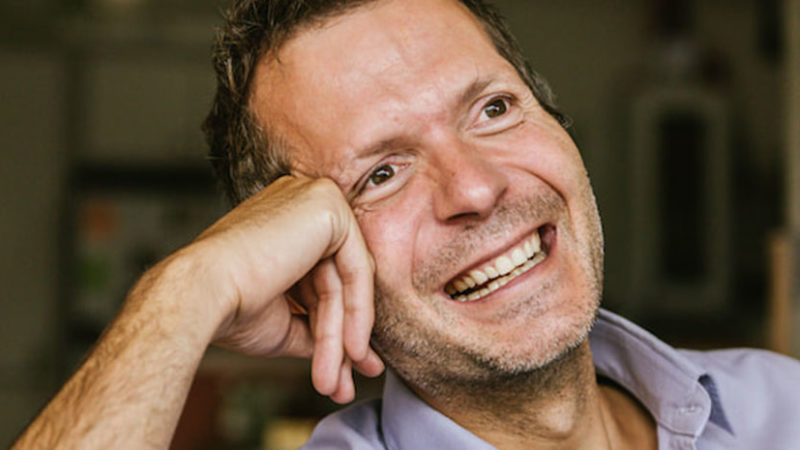-
E117: The Real Work: Letting Go from Within
Michael Singer — October 2, 2025
True spirituality isn’t about mystical experiences or lofty ideals—it’s about honestly facing...
-
Once More: Reflections on Reincarnation and the Gap Between Lives
Tami Simon — September 26, 2025
In this special reflection episode of Insights at the Edge host Tami Simon looks back on her...
-
Honey Tasting Meditation: Build Your Relationship with Sweetness
There is a saying that goes “hurt people hurt people.” I believe this to be true. We have been...
Written by:
Amy Burtaine, Michelle Cassandra Johnson
-
Many Voices, One Journey
The Sounds True Blog
Insights, reflections, and practices from Sounds True teachers, authors, staff, and more. Have a look—to find some inspiration and wisdom for uplifting your day.
Standing Together, and Stepping Up
Written By:
Tami Simon -
The Michael Singer Podcast
Your Highest Intention: Self-Realization
Michael Singer discusses intention—"perhaps the deepest thing we can talk about"—and the path to self-realization.
This Week:
E116: Doing the Best You Can: The Path to Liberation -
Many Voices, One Journey
The Sounds True Blog
Insights, reflections, and practices from Sounds True teachers, authors, staff, and more. Have a look—to find some inspiration and wisdom for uplifting your day.
Take Your Inner Child on Playdates
Written By:
Megan Sherer
600 Podcasts and Counting...
Subscribe to Insights at the Edge to hear all of Tami's interviews (transcripts available, too!), featuring Eckhart Tolle, Caroline Myss, Tara Brach, Jack Kornfield, Adyashanti, and many more.
Most Recent
E115: Spiritual Evolution: From Control to Equanimity
Spirituality is inner evolution—adaptability to reality instead of struggling with the outside world because you can’t handle it. Begin by relaxing and releasing inner resistance the moment it comes up, rather than storing life’s events as past negative impressions. This will gradually harmonize your inner energy flow with the unfolding of life. Willful action, when needed, will come from a state of inner clarity, and over time, this elevated state will become a permanent state of being rather than a passing experience.
© Sounds True Inc. Episodes: © 2025 Michael A. Singer. All Rights Reserved.
Christopher Bache: Deep Time and the Birth of the Diam...
Explore the mysteries of reincarnation, life between lives, and the evolution of the soul with author and philosopher Christopher Bache.
What if your life is just one chapter in a much greater story—one that spans lifetimes, centuries, and the very fabric of the cosmos? In this new episode of our special series on reincarnation, host Tami Simon welcomes philosopher and author Christopher Bache for a mind-expanding conversation on reincarnation, deep time, and what he calls “the diamond soul.”
Bache shares his personal journey through psychedelic exploration and academic research, revealing how these experiences have shaped his understanding of the soul’s evolution. Together, they discuss how embracing the possibility of reincarnation can transform our relationship to suffering, purpose, and each other.
Highlights:
- The scientific and spiritual evidence for reincarnation
- The concept of “deep time” and multidimensional existence
- Soul companions that transmigrate together across lifetimes
- Why does the Universe need our life experiences (and suffering)?
- The birth of the diamond soul, and much more
Note: This interview originally aired on Sounds True One, where these special episodes of Insights at the Edge are available to watch live on video and with exclusive access to Q&As with our guests. Learn more at join.soundstrue.com
E114: The Third Way: Transmuting Energy Instead of Sup...
The essence of spiritual growth is learning to work directly with your inner energy rather than trying to affect it indirectly by controlling outer circumstances. When the outer world does not meet your preferences, your inner energy gets disturbed, and you either try to suppress it (which creates blockages) or reactively express it (which can cause its own problems). Instead, by relaxing in the face of the disturbed energy, welcoming it, and allowing it to rise and purify—the energy can be transmuted into spiritual growth. Practiced steadily in everyday life, this returns you to the seat of the Self, where joy is natural because the energy flow is unblocked.
© Sounds True Inc. Episodes: © 2025 Michael A. Singer. All Rights Reserved.
Customer Favorites
Trusting the Gold
Tara Brach has been practicing and teaching meditation since 1975, as well as leading workshops and meditation retreats throughout North America and Europe. She has a PhD in clinical psychology, is the founder of the Insight Meditation Community of Washington (IMCW), and is the author of Radical Acceptance, True Refuge, Radical Compassion, and most recently, Trusting the Gold.
In this podcast, Tara Brach speaks with Sounds True founder Tami Simon about rediscovering the inner “gold” of our intrinsic goodness, love, and purity. In addition, they discuss Tara’s teachings on the “trance of unworthiness” and how we can break free from it; recognizing the secret beauty in others and mirroring it back; relaxation for the go-getters; working with difficult emotions; how shame can become a portal to freedom; the RAIN practice for self-compassion; the power of the phrase “this belongs”; the practice of “softening” in response to contractions of fear or anger; and seeing the sacredness in all things.
Thomas Hübl: Healing Collective Trauma
Thomas Hübl is an Austrian-born contemporary spiritual teacher and the founder of the Academy of Inner Science. With Sounds True, he has recorded the audio training The Power of We: Awakening in the Relational Field and written a book titled Healing Collective Trauma: A Process for Integrating Our Intergenerational and Cultural Wounds. In this episode of Insights at the Edge, Tami Simon speaks with Thomas about healing collective trauma as the work of our time. They discuss how we can feel and are affected by major traumas of the past, even if we didn’t directly experience them, and the ways in which this contributes to our collective separation. Thomas also explains the concept of “retrocausality,” or the potential for the healing we undertake in our lifetimes to benefit our entire family lines. At a time when so much ancestral trauma, multigenerational trauma, and cultural trauma is in our midst, Thomas invites us to turn toward it and join together to heal and integrate the pain of the past as we create a different future.
Gabor Maté: Healing into Wholeness in a Toxic Culture
Celebrated author and physician Dr. Gabor Maté has become one of the world’s foremost voices on the journey of healing from trauma—in large part because it is a path he walks himself. In this podcast, Tami Simon speaks with Dr. Maté about his new book, The Myth of Normal, sharing breakthrough insights into the nature of trauma and some of the necessary steps for our personal and collective recovery.
Give a listen as Tami and Dr. Maté discuss the truth of our interconnectedness; disease as a process, not a distinct entity; self-compassion and honoring our suffering; an inquiry practice—the happy childhood challenge; the emotional work that healing requires; the concepts of wholeness and recovery; the essence of trauma—disconnection from the Self; experiencing your own natural goodness; psychedelics and the veil between the conscious and the unconscious; closing the gap between science and the practice of medicine; learning how to say no before your body does; and more.
This episode first aired live and on video on Sounds True One. To watch Insights at the Edge episodes live and on video, and to access additional bonus Q&A, please visit join.soundstrue.com to learn more.
Timeless Classics
Bronnie Ware: Living Without Regrets
Bronnie Ware is an author and speaker whose bestselling book, The Top Five Regrets of the Dying, is based on her time as a palliative care worker. In this episode of Insights at the Edge, Bronnie outlines these five major life regrets with Tami Simon and discusses the experiences in end-of-life care that inspired them. Bronnie explains how most regrets arise from a lack of courage and why people are willing to share so openly during their last days. Tami and Bronnie speak on the healing power of sharing our most vulnerable selves, even if it’s in a letter that we never send. Finally, they talk about maintaining trust in the flow of life and why happiness is ultimately a choice.(61 minutes)
Sheryl Paul: The Wisdom of Anxiety
Sheryl Paul is a counselor in the depth psychology tradition who has helped thousands of people through her website, online courses, and books. With Sounds True, she has released the new book, The Wisdom of Anxiety: How Worry and Intrusive Thoughts Are Gifts to Help You Heal. In this episode of Insights at the Edge, Tami Simon speaks with Sheryl about why we should consider anxiety “a distress flare from the subconscious” that is meant to alert us to unspoken and unacknowledged inner truths. Sheryl explains why running away or numbing out from anxiety is ultimately futile, and describes how opening to one’s anxious thoughts can summon valuable personal epiphanies. Tami and Sheryl also talk about what it means to develop our wise inner parent and how we can examine the meaning of intrusive thoughts. Finally, they discuss the importance of positive daily rituals and why life transitions are so acutely stressful. (69 minutes)
Frederic Laloux: Organizations Beyond Ego
Frederic Laloux is a business analyst and author whose book Reinventing Organizations: A Guide to Creating Organizations Inspired by the Next Stage of Human Consciousness is considered one of the most important management guides of the past decade. In this episode of Insights at the Edge, Tami Simon talks to Frederic about what it takes to become a “next-level organization” that meets the challenges and opportunities of expanding human consciousness. Frederic explains that the next stage of human development will be to move beyond ego, elaborating on how this will look in the business world. Tami and Frederic discuss the difficult balance between fulfilling financial obligations and living out one’s fundamental truth. Finally, they speak on the development of open and spiritually nourishing organizations, as well as the movement toward decentralizing authority in business places. (69 minutes)
